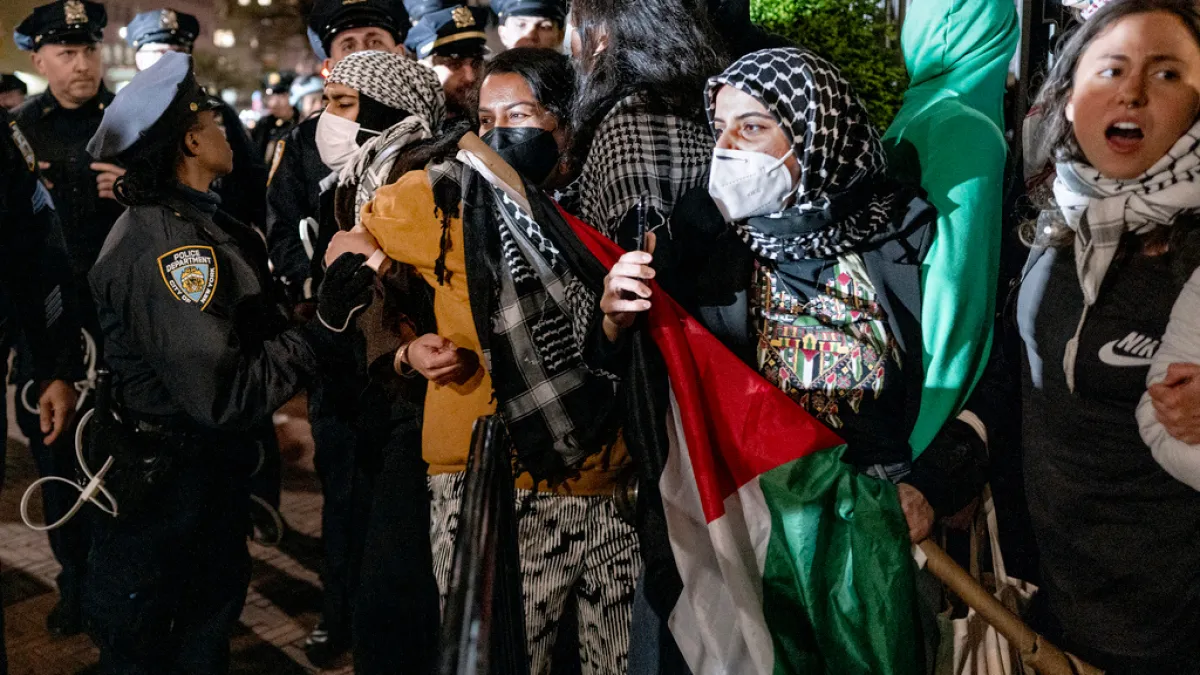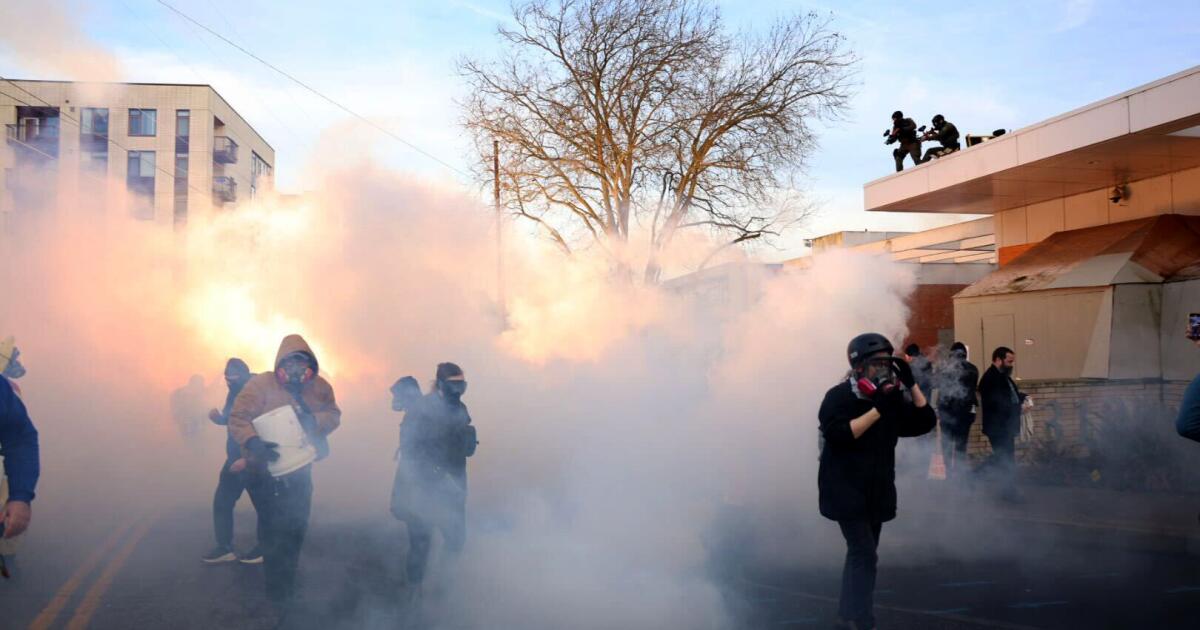Iran demands ‘evidence’ as Trump, UN experts highlight protest killings | Protests News
Tehran, Iran – The Iranian government has again blamed “terrorists” for the killings of thousands during last month’s nationwide protests after United States President Donald Trump and human rights experts weighed in.
Foreign Minister Abbas Araghchi said on Saturday that the government has released a list of 3,117 people, whom he described as “victims of recent terrorist operation”, including about 200 security personnel.
Recommended Stories
list of 3 itemsend of list
“If anyone disputes accuracy of our data, please share any evidence,” the diplomat, who has previously stated that 690 people on the list were “terrorists” armed and funded by the US and Israel, wrote on X.
Araghchi’s comments come hours after the US president told reporters that 32,000 people were killed during the protests, adding that “the people of Iran have lived in hell” under the theocratic establishment.
The Iranian foreign minister has also been speaking with multiple US media outlets to advocate for a “fair” agreement with Washington over Iran’s nuclear programme.
The threat of war looms increasingly large over the country and potentially the region, with Serbia on Saturday becoming the latest country to call on all its citizens to immediately leave Iran.
‘Majority of those killed are ordinary people’
Mai Sato, United Nations special rapporteur on human rights in Iran, has said more than 20,000 civilians may have been killed, but information remains limited amid heavy internet filtering by the state, six weeks after a nationwide communications blackout was imposed.
The US-based HRANA says it has documented more than 7,000 people killed during the nationwide protests, and is investigating nearly 12,000 more cases.
Sato was among 30 special rapporteurs and international human rights experts who signed a joint statement on Friday calling on Iranian authorities to fully disclose the fate and whereabouts of tens of thousands arrested, forcibly disappeared or missing in the aftermath of the nationwide protests, and to halt all related death sentences and executions.
“The true scale of the violent crackdown on Iranian protesters remains impossible to determine at this point,” the experts said. “The discrepancy between official figures and grassroots estimates only deepens the anguish of families searching for their loved ones and displays a profound disregard for human rights and accountability.”
The international experts added that “the vast majority of those detained or killed are ordinary people, including children, from all provinces and diverse ethnic and religious backgrounds, as well as Afghan nationals”, in addition to lawyers representing protesters, medical professionals who treated the wounded, journalists and writers, artists and human rights defenders.
Iranian state media were accused of regularly broadcasting what the experts said are “widely regarded as forced confessions”.
The latest such incident came on Saturday, when the official Mizan news agency of the Iranian judiciary released footage from a court session for three men who said they regret setting fire to motorcycles, a mosque and copies of the Quran in Tehran during the unrest.
Also on Saturday, some students in Tehran and across the country returned to university campuses for the first time, as authorities kept universities closed and took some classes and exams online in the aftermath of the protests.
In Tehran’s Sharif University, one of the most prestigious in the country, students clashed after two separate demonstrations. Videos circulating online showed students shouting “dishonourables” at a group of paramilitary Basij students affiliated with the Islamic Revolutionary Guard Corps (IRGC), who chanted back in favour of the establishment.
The clashes come amid a heightened security atmosphere in Iranian schools and university dormitories. Teachers and schools in a number of cities near the capital went on strike last week to protest the killing of at least 230 children and teenagers, as well as increased presence of security forces in classrooms.
Families dance in defiant grief
The Iranian government held mourning events on Tuesday and Wednesday in Tehran, with some officials in attendance.
Culture Minister Reza Salehi-Amiri announced on Saturday that the government has decided to call the upcoming ceremonies around Newroz, the new Iranian year starting in late March, an exercise in “unity and empathy” with the aim of “getting past the grief” of thousands killed.
But numerous families have been holding defiant commemoration events of their own over the past week to mark 40 days since the killing of their loved ones during the anti-establishment protests.
Footage from many ceremonies across the country this week showed family members, and large crowds gathered to support them, proudly holding up images of those killed and celebrating their shortened lives.
Many chose to clap, play traditional drums and cymbals, and even dance in symbolic shows of resistance and defiance that heavily clash with religious rituals favoured by the theocratic state.
“May your pen break, O fate, if you do not write about that which befell us,” the father of Abolfazl MirAeez, a 33-year-old killed in the city of Gorgan in the northern province of Golestan, told crowds gathered at a ceremony on Thursday.
“My son was neither a rioter, nor an embezzler nor an aghazadeh [child of an elite]. He was the son of a farmer.”




